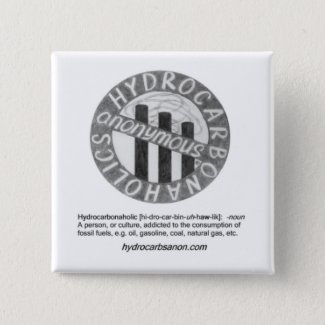The car I drive now has a dashboard computer that shows MPG all the time and in several ways: Total since the car was new; total since last fill-up (or since one of two trip odometers was last reset); MPG in-the-moment. That last one is like a thermometer in constant motion and runs from zero to 150 MPG; throw the car into neutral while going down a hill and that indicator “pins” at 150—which is such a cool feeling. There are aftermarket products you can get which will do this as well.
Well, okay, so my car is a video game. So what?
It affects my driving. When I can see that, on this particular trip to work, I’m right around 69 MPG, it nudges me in the direction of seeing if I can get just over 70 MPG. When I can see, INSTANTLY, that stomping on the accelerator, made my mileage plummet from 100 MPG to 50 it gives me some incentive to ease off.
So why isn’t my house like that? If I got constant feedback about my heating, cooling, and hot water decisions, that would change my behavior, too. If my air conditioner showed a constant readout in dollars—what it cost per hour/per day/per month at current rate of usage—whenever it was on, that would have a faster effect than end-of-August electric bill sticker shock. Same for heating in the winter. Same, to some degree, with how I adjust my refrigerator or even when I use hot water, to shower, to wash dishes, to wash clothes: it would be nice if these appliances could give me advice, offer to run later when possible. There are already systems like this for large buildings.
We use the bulk of our electricity during the day; there’s a huge amount of slack capacity at night. We would save electricity and use our utilities more efficiently if we worked more on load balancing. In some places the cost of electricity varies, according to time of day, time of year or sometimes even according to current load on the system, to incentivize customers to use less during peak periods and more during off-peak periods. Don’t know if the same is true for the natural gas networks. It would make sense if it were: a more evenly distributed load would make it easier to maintain steady pressure in the system.
Should I need my appliances to give me advice? Shouldn’t I be smarter than my refrigerator? Does this amount to a kind of lazy, techno-outsourcing of my conscience? I shouldn’t; I should; and perhaps it does.
But I’m not looking at things the way they should be, I’m trying to look at things the way they are. If we can embed better signaling into our environment, that might help us change in ways we know we have to.







